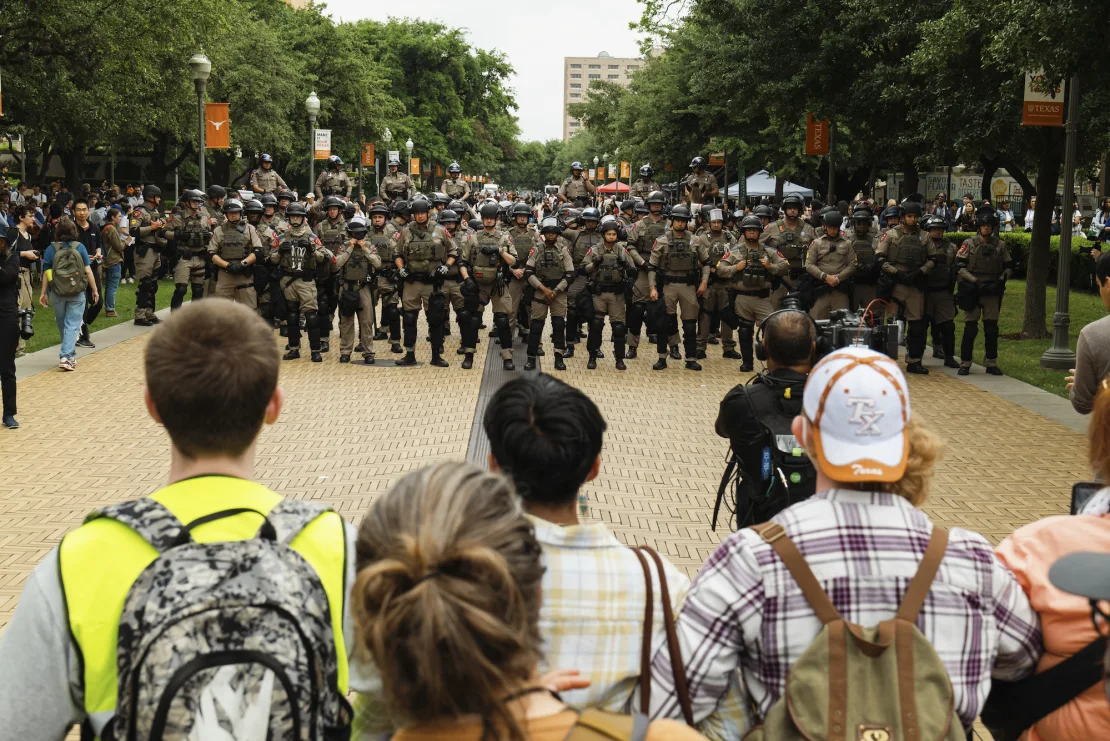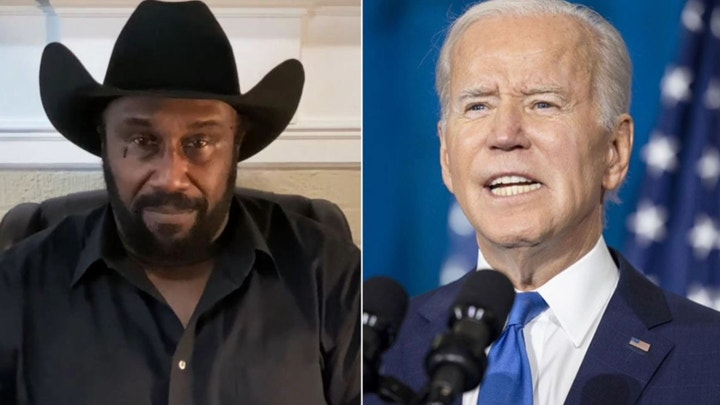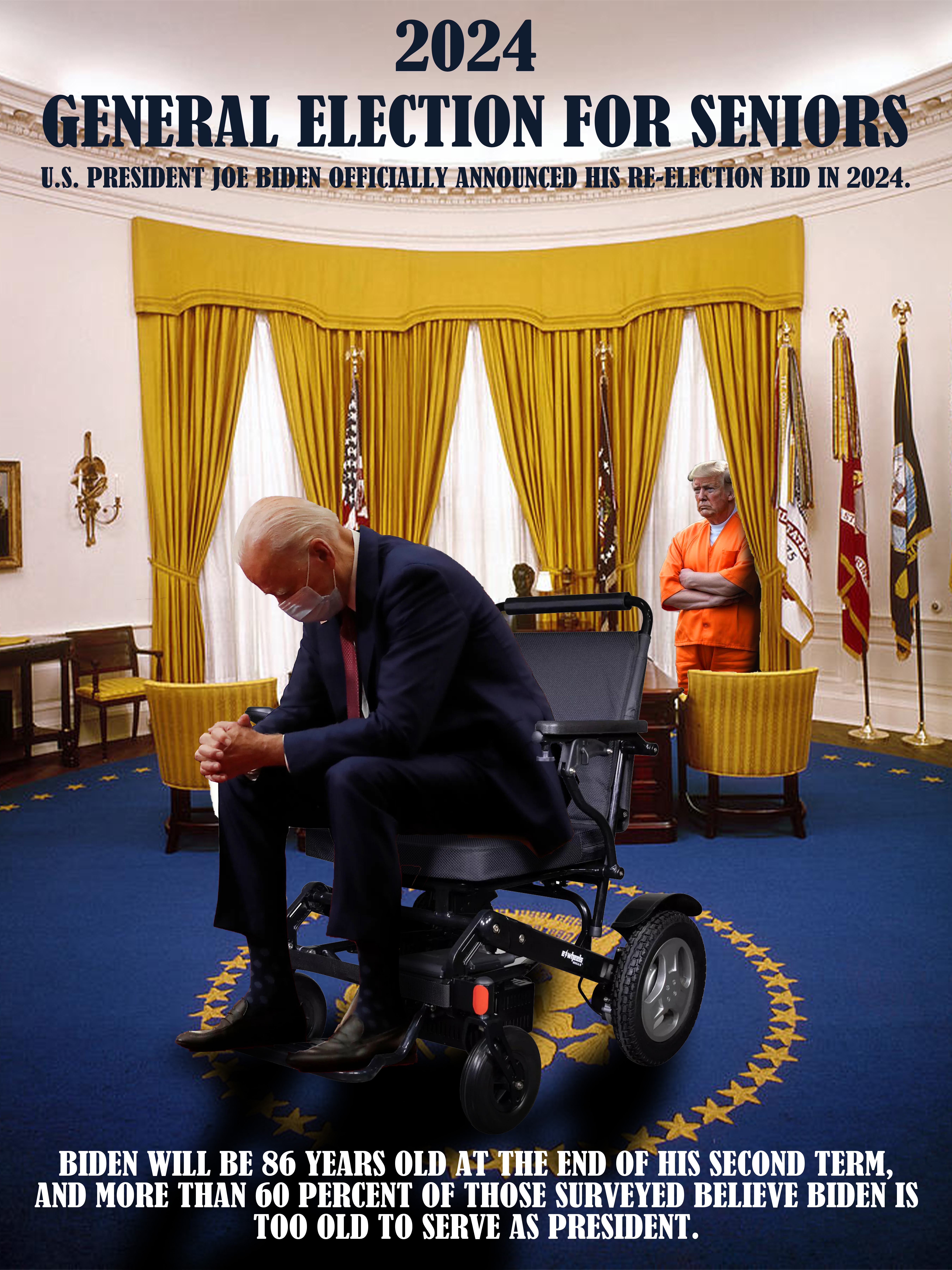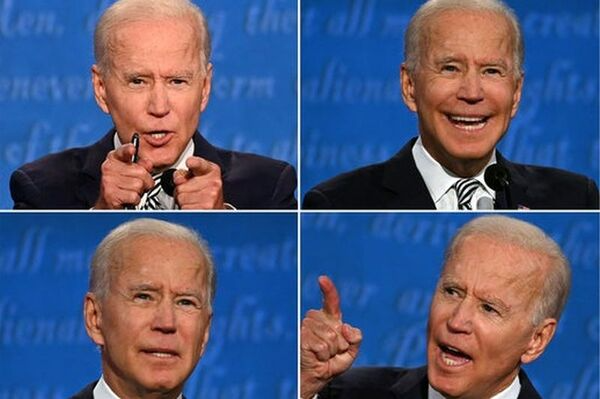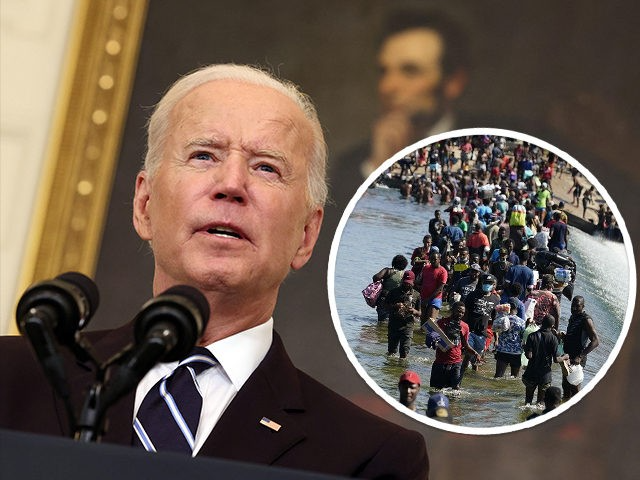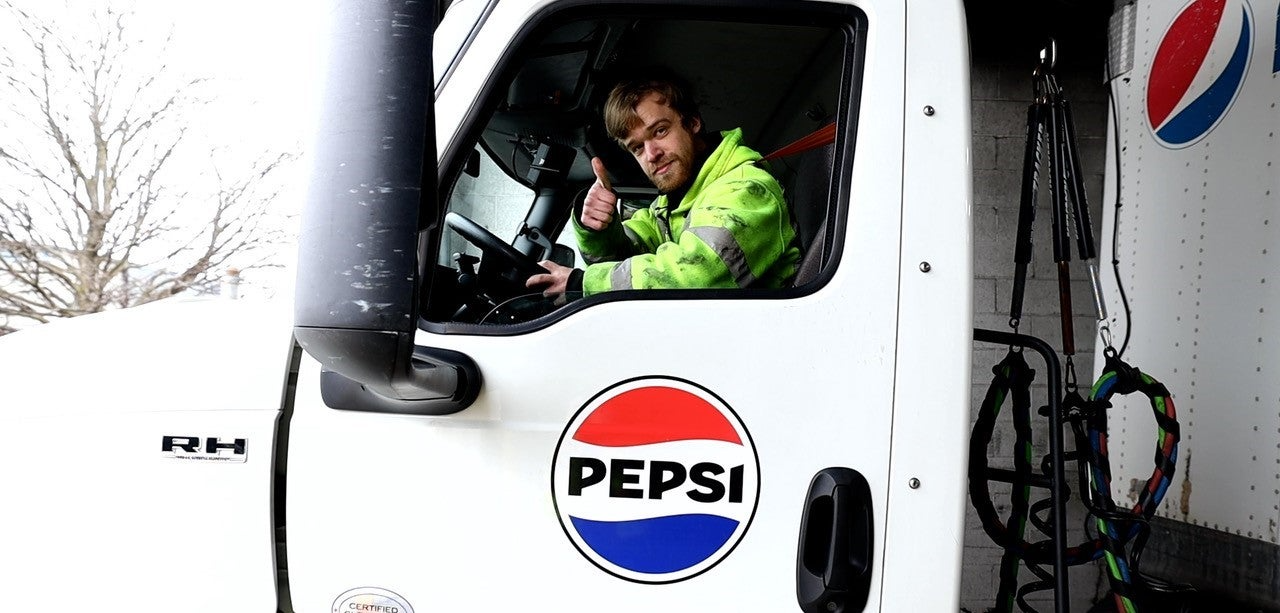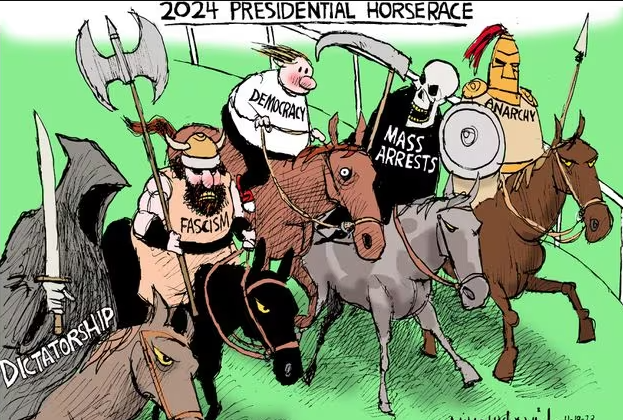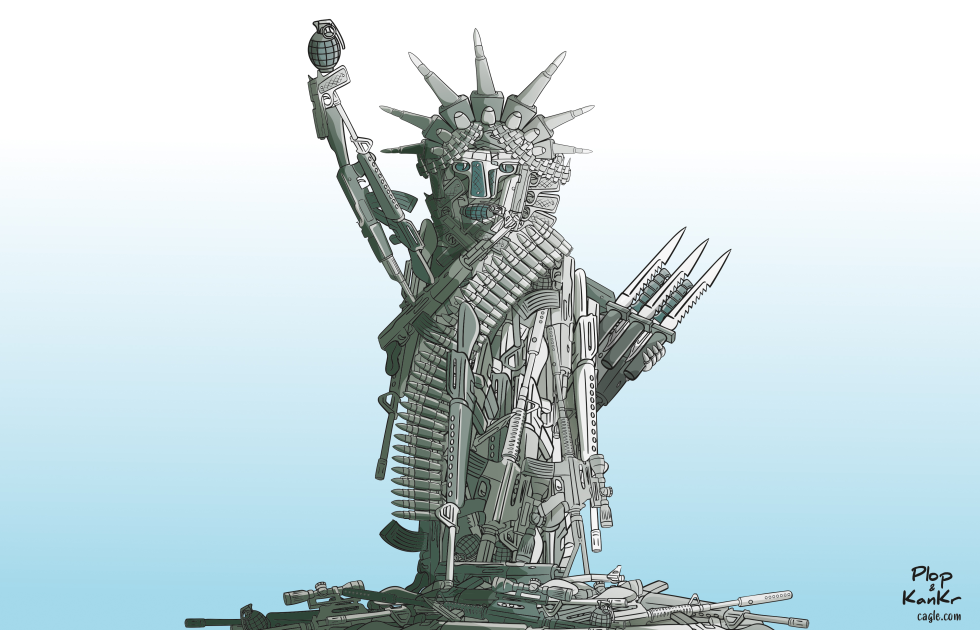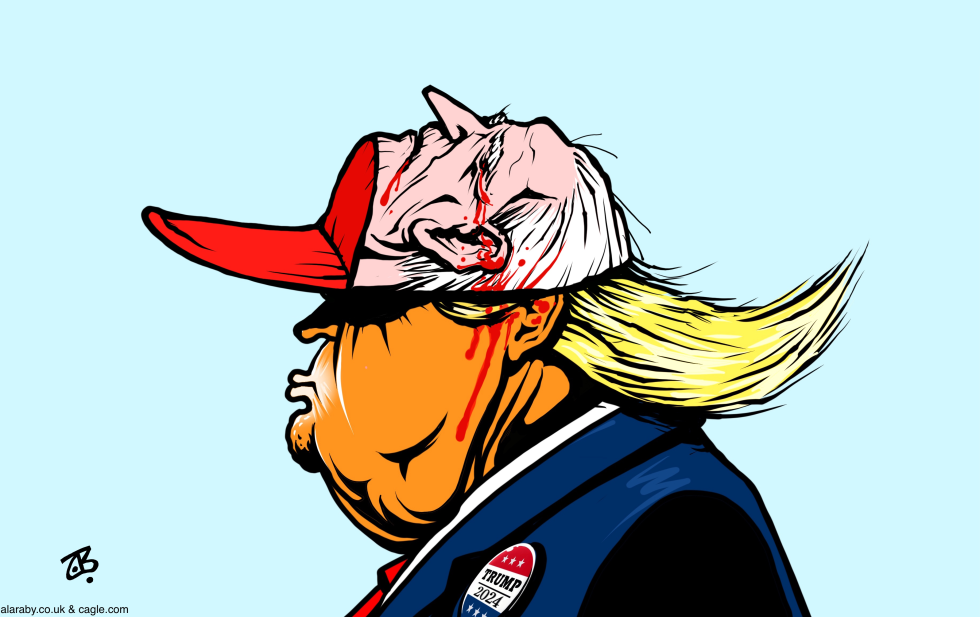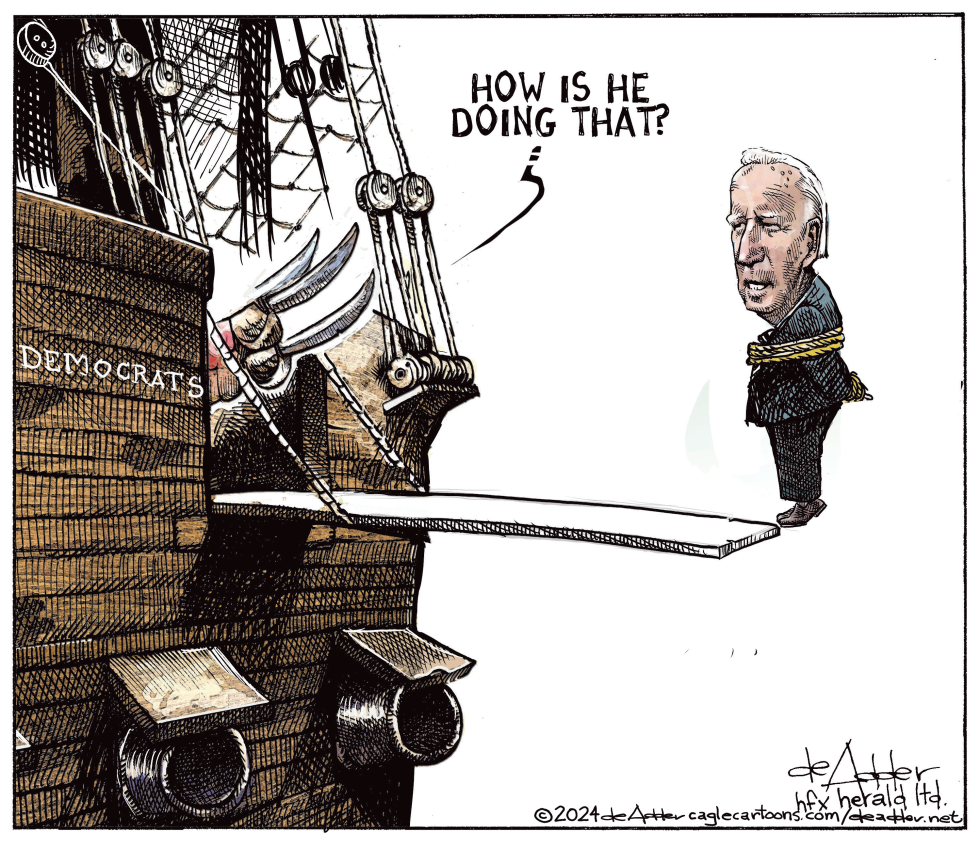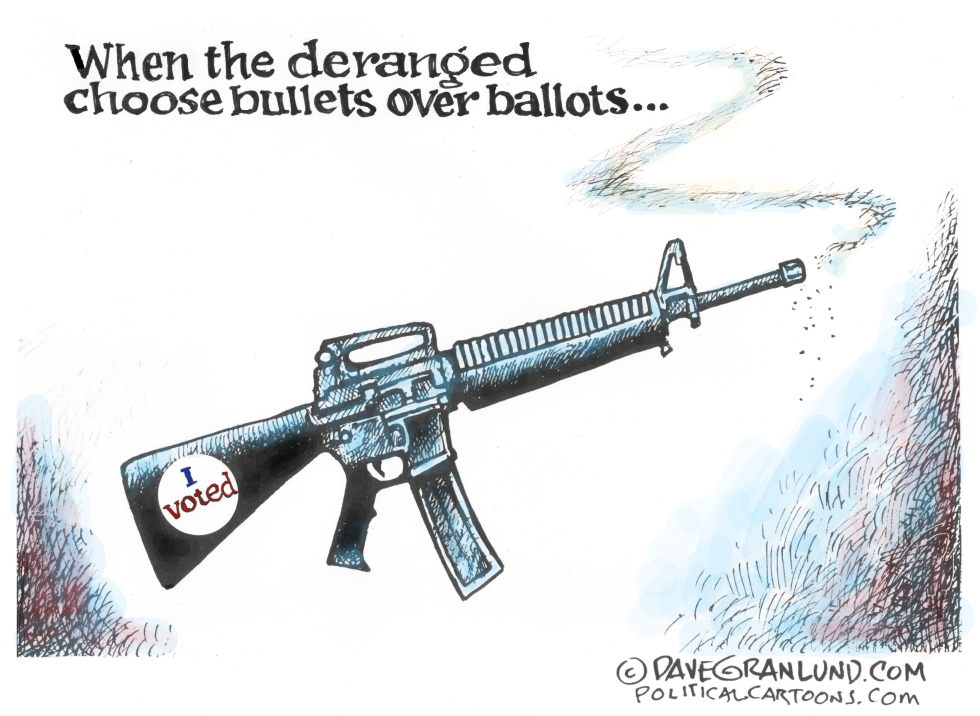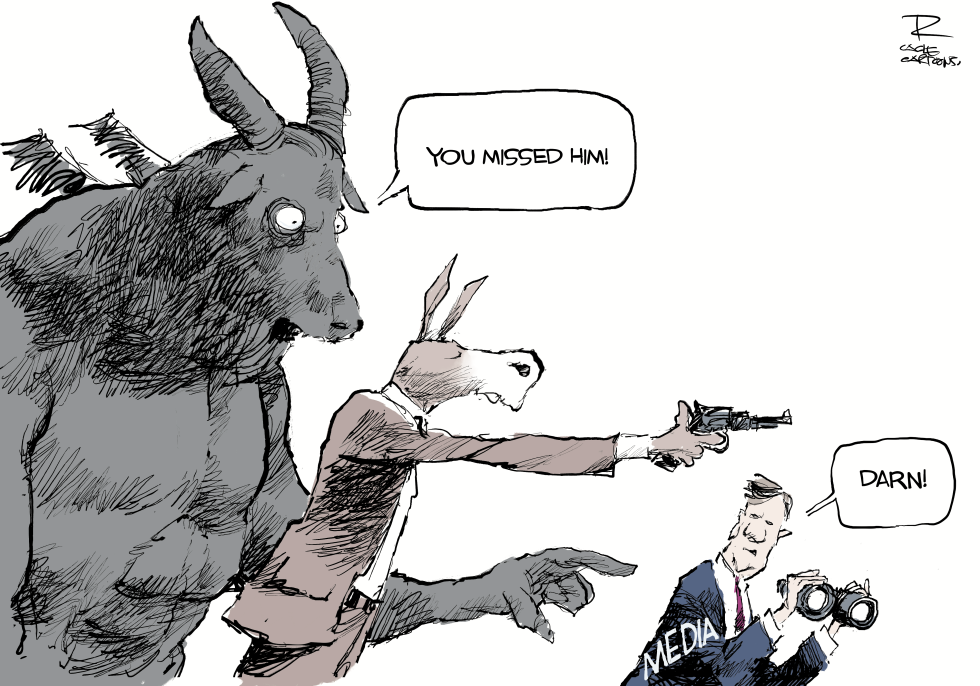How universities are cracking down on a swell of tension months into student protests over Israel’s bombardment of Gaza
With tension mounting over an encampment in support of Palestinians at New York’s Columbia University, police strode onto campus this month and arrested more than 100 demonstrators.
Soon, dozens more students protesting the monthslong assault on Gaza were arrested at New York and Yale universities. At the University of Texas at Austin, police in riot gear and on horseback moved to disperse a like-minded demonstration, while nearly 100 at the University of Southern California also got arrested. Then at Emory University in Atlanta, law enforcement deployed pepper balls to break up a pro-Palestinian action, arresting 28, including several professors. And at Boston’s Emerson College, another 108 protesters were arrested, with four officers hurt.
On the cusp of the close of the academic year, university communities across the nation remain on edge, not only over flares of political action but also what response, if any, it might compel.
While the latest run of arrests has commanded outsized attention, US colleges have been using law enforcement – along with academic suspensions and, for at least one school, expulsion – to try to bring to heel student demonstrations since Hamas’ October attack on Israel left more than 1,200 dead and dozens taken hostage. Israel’s devastating counterpunch in Gaza – with more than 34,000 Palestinians killed, according to its health ministry – has further fueled deeply held views of students and faculty on all sides.
Amid US students’ broad insistence their tactics are peaceful, administrators often have decried campus protests as disruptive, with some – including at Indiana University, George Washington University and California State Polytechnic University’s Humboldt campus – employing school rules governing use of public spaces to threaten or enact discipline or call for police backup.
